
After visiting Kunming we headed south towards Yunnan’s Jianshui County. One of tourist attractions here is the Swallow Cave (燕子洞, yàn zi dòng), named after the swallows that nest here each spring. We came here in early winter, so it was the off-season and the cave was very quiet.
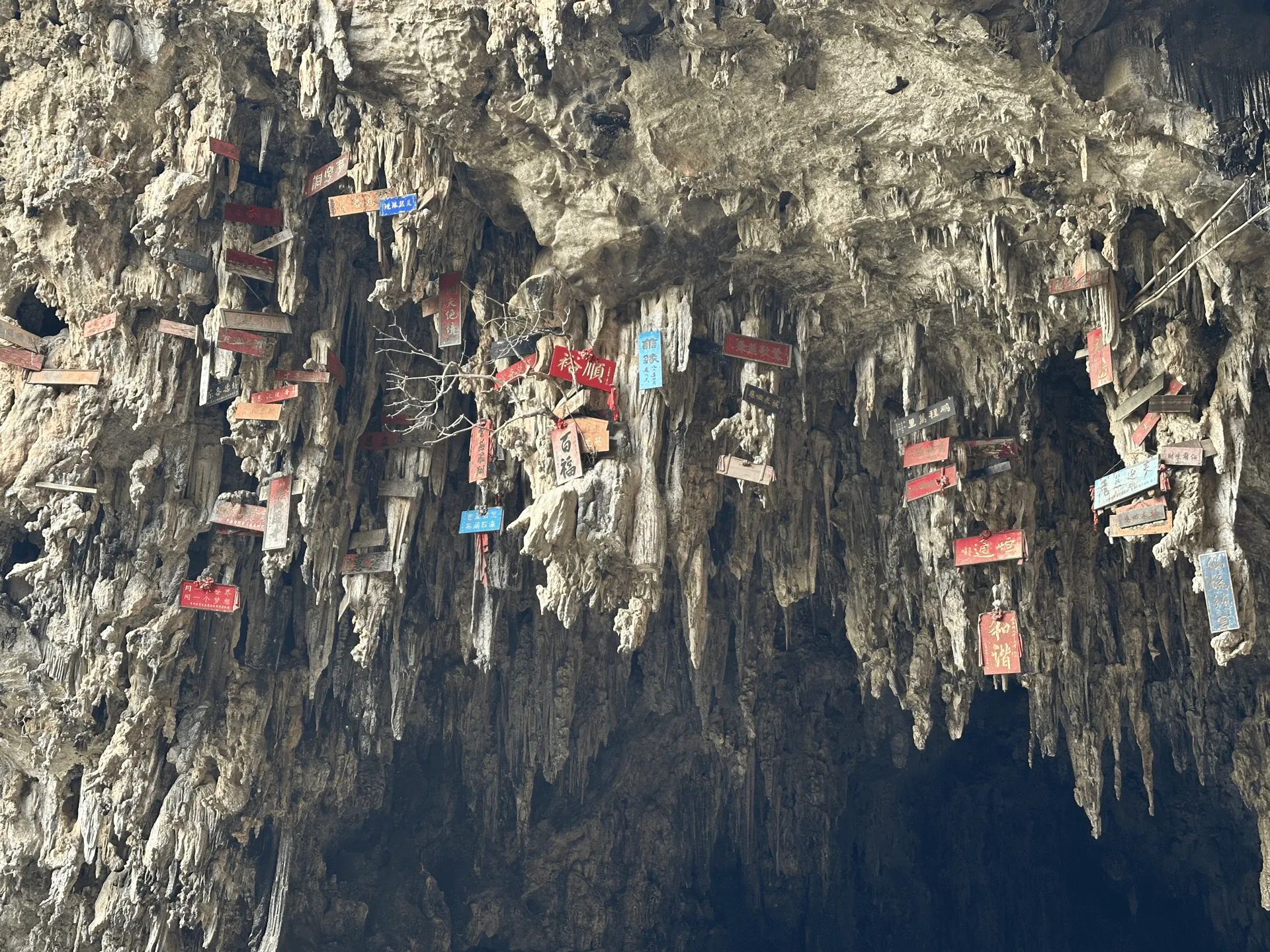
The entrance to the cave has a really cool setup - there’s all these little wooden sign boards that have been attached to the stalactites. Apparently people climb up there to put them up by hand (wow). Some of them looked quite old as well.
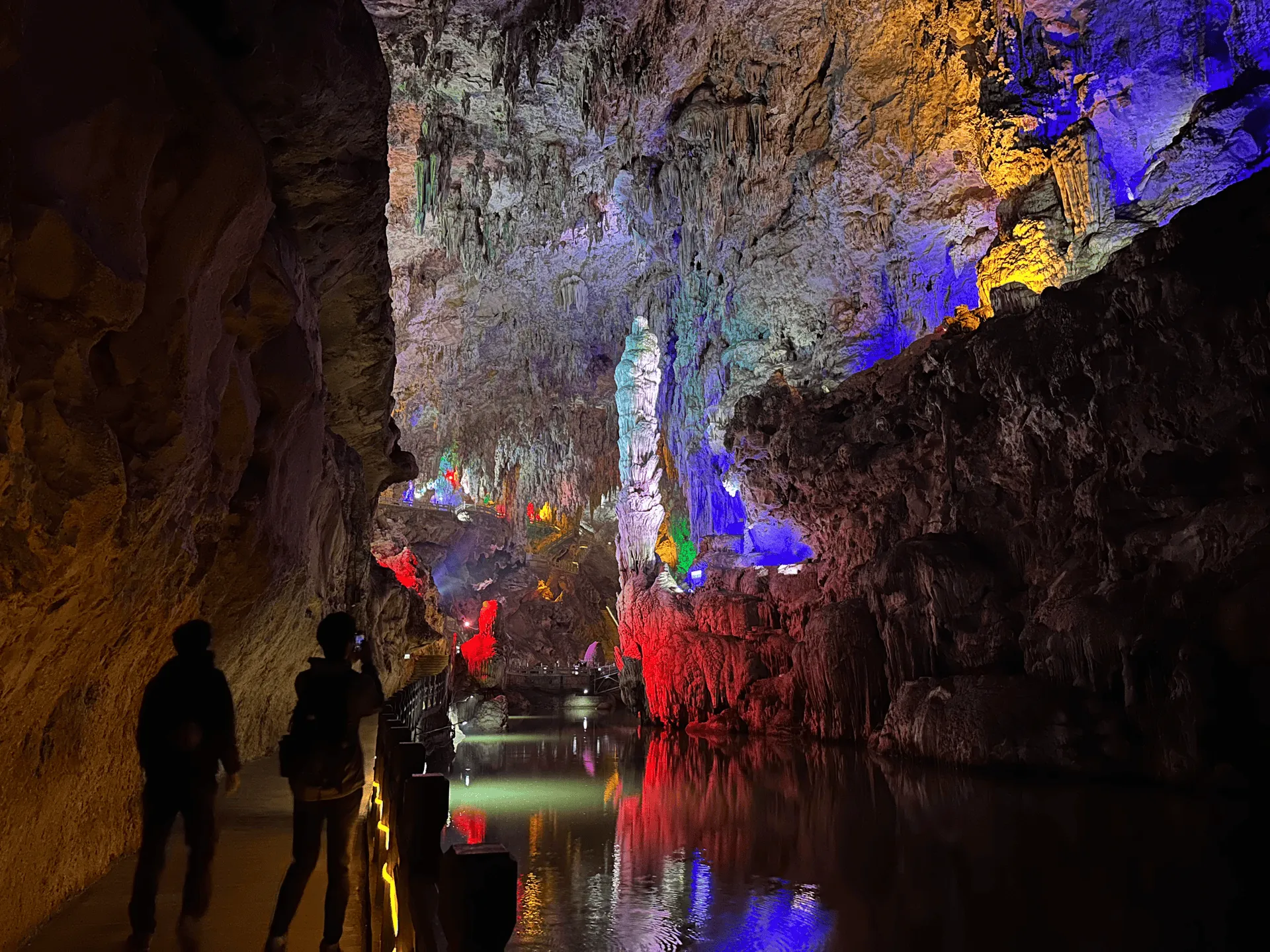
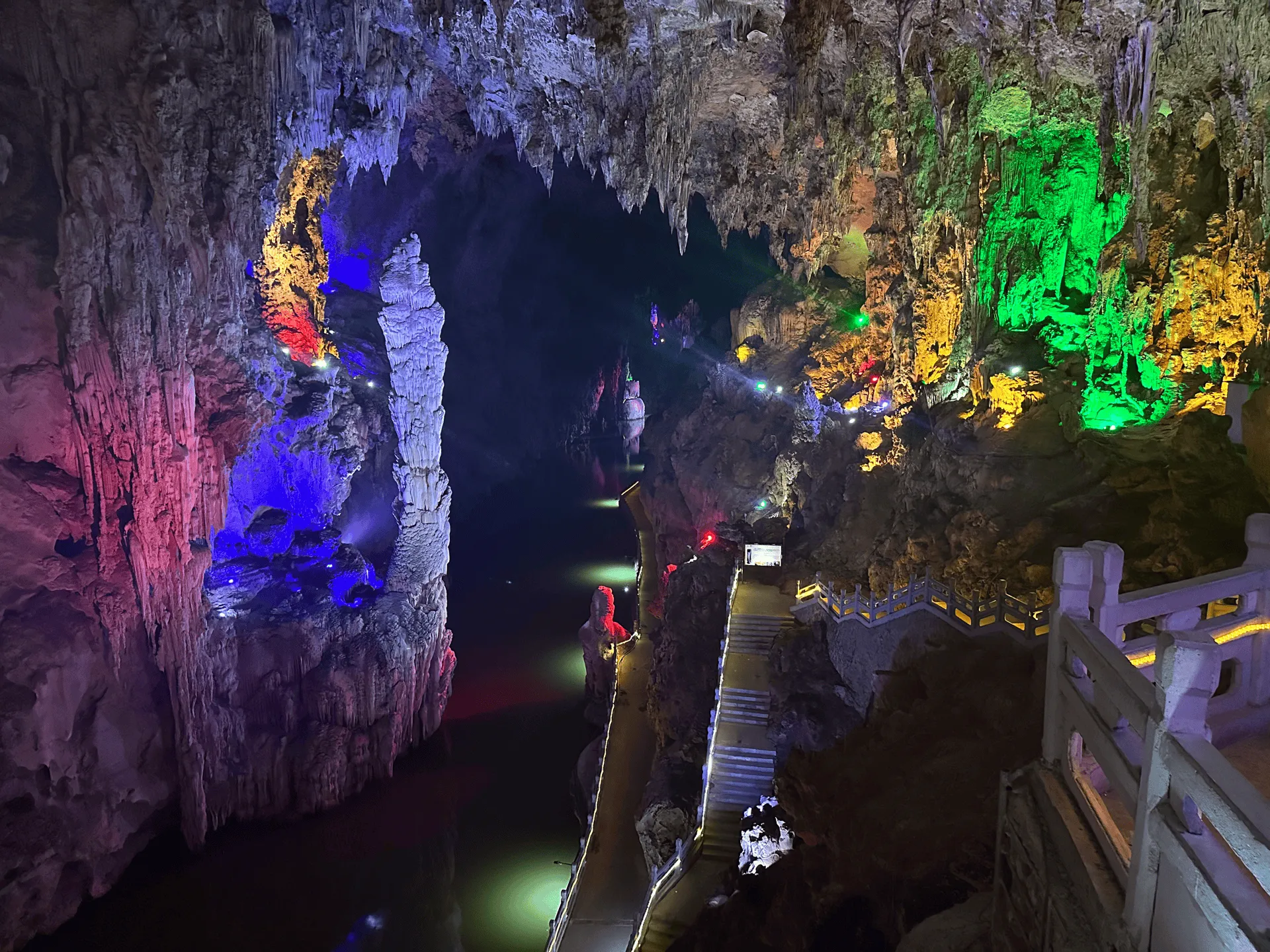
Similarly to my visit to the Stone Forest, today also involved a lot squinting at large rocks (or stalactites) and trying to see the resemblance between what they had been named after.
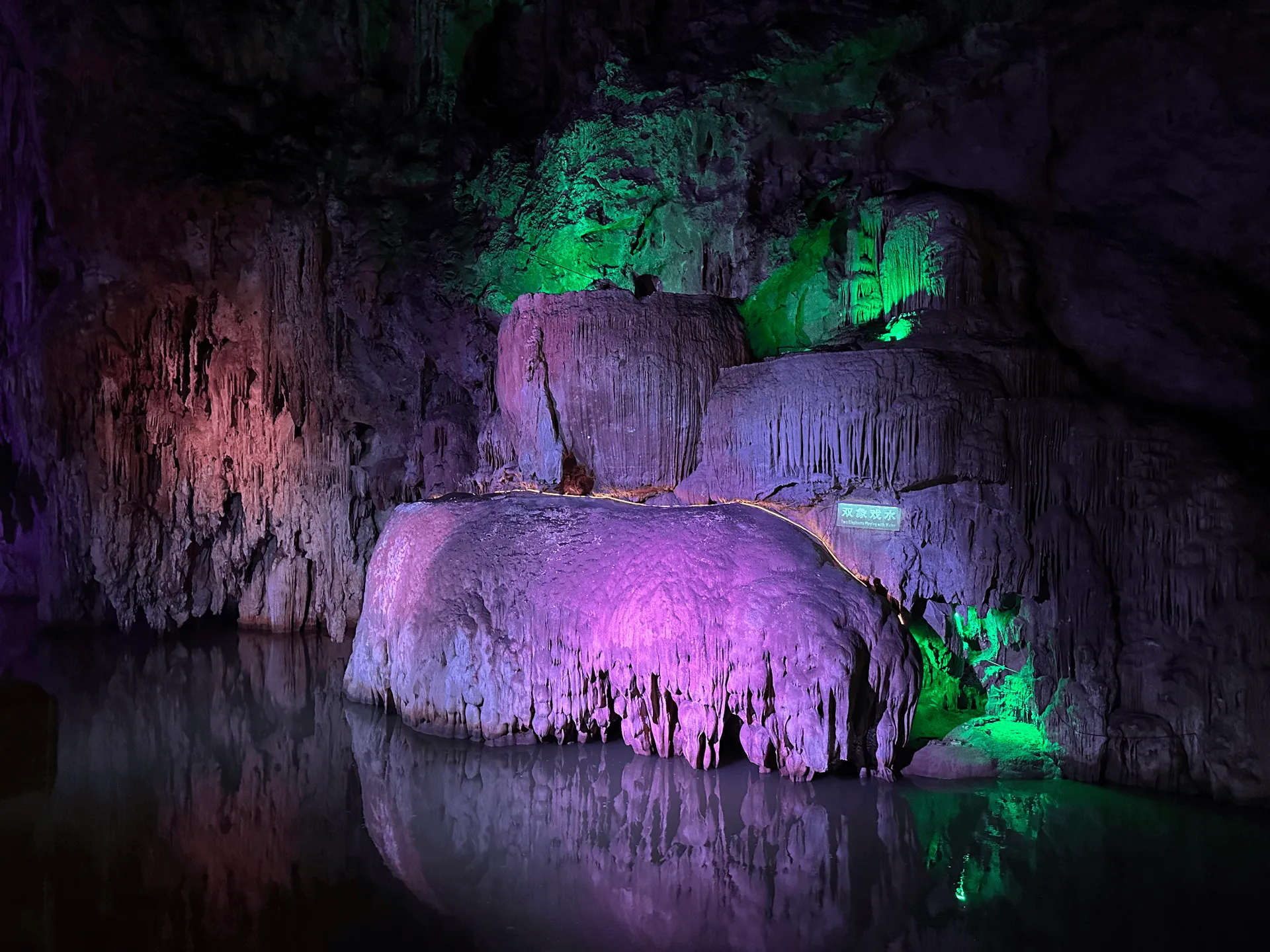
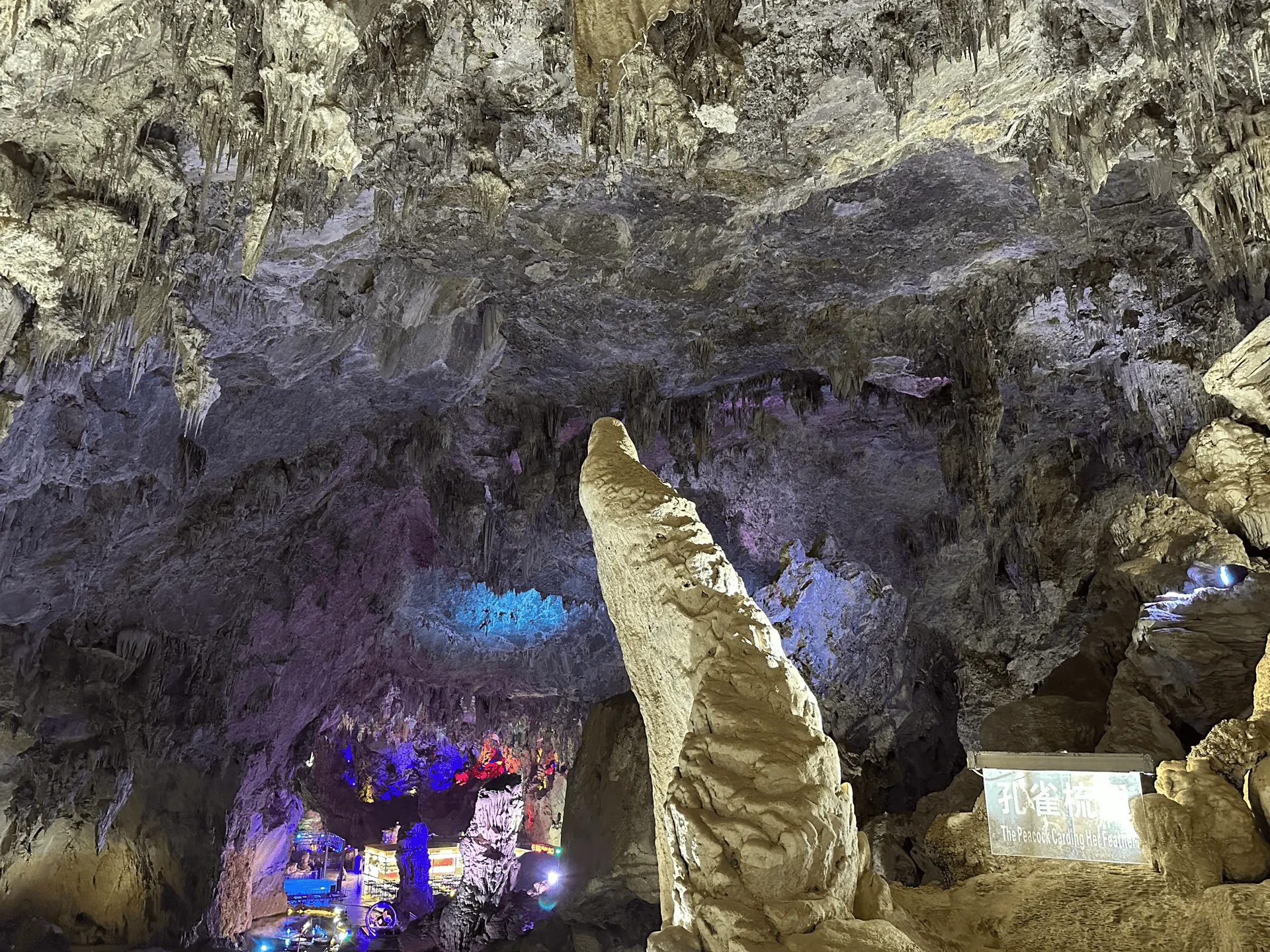
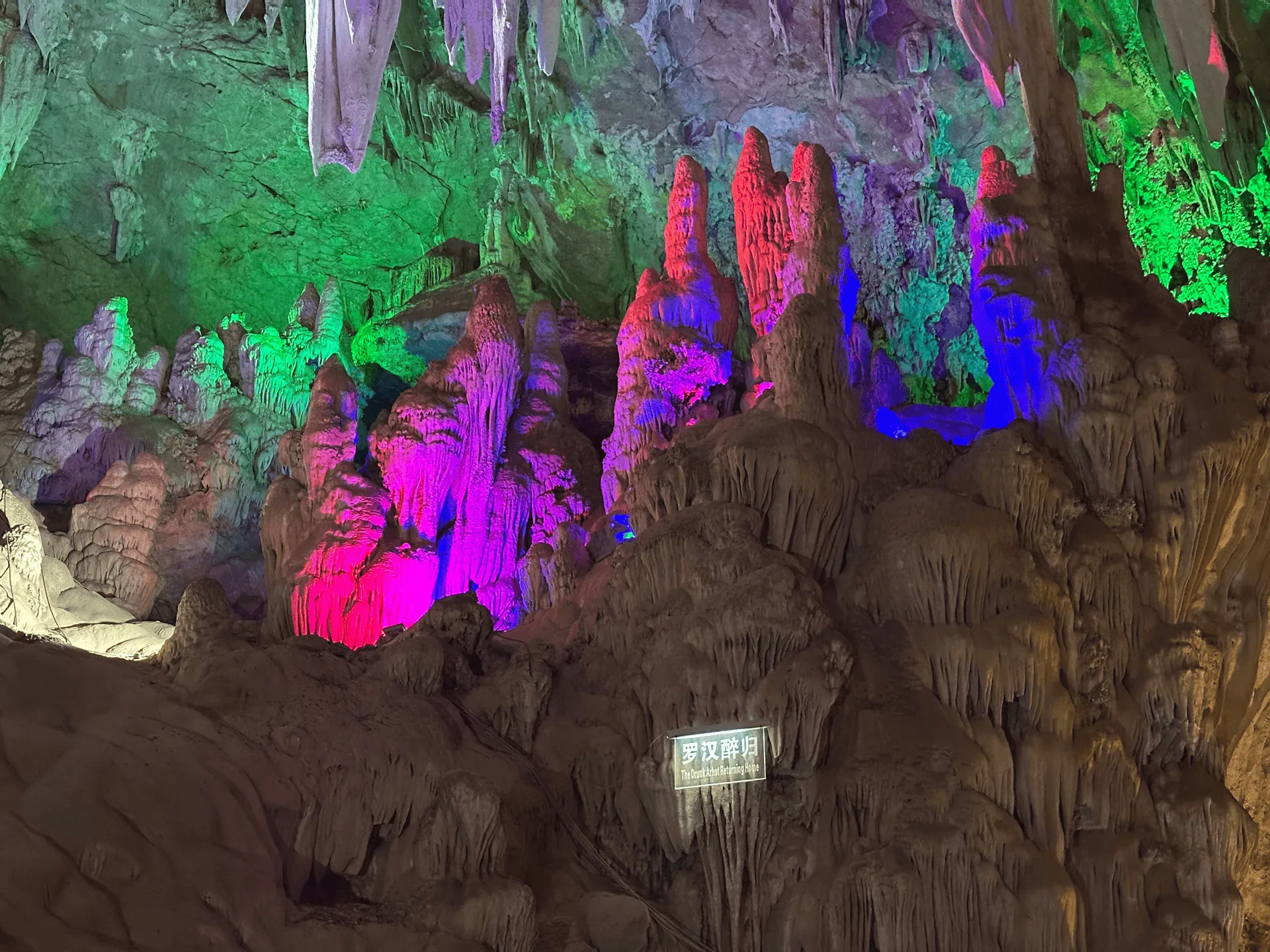
At first I was super confused with “Tengu Looking At the Moon” but Tengus are Japanese demons with huge noses, and so the rock is actually his face, with his big nose sticking out on the right.
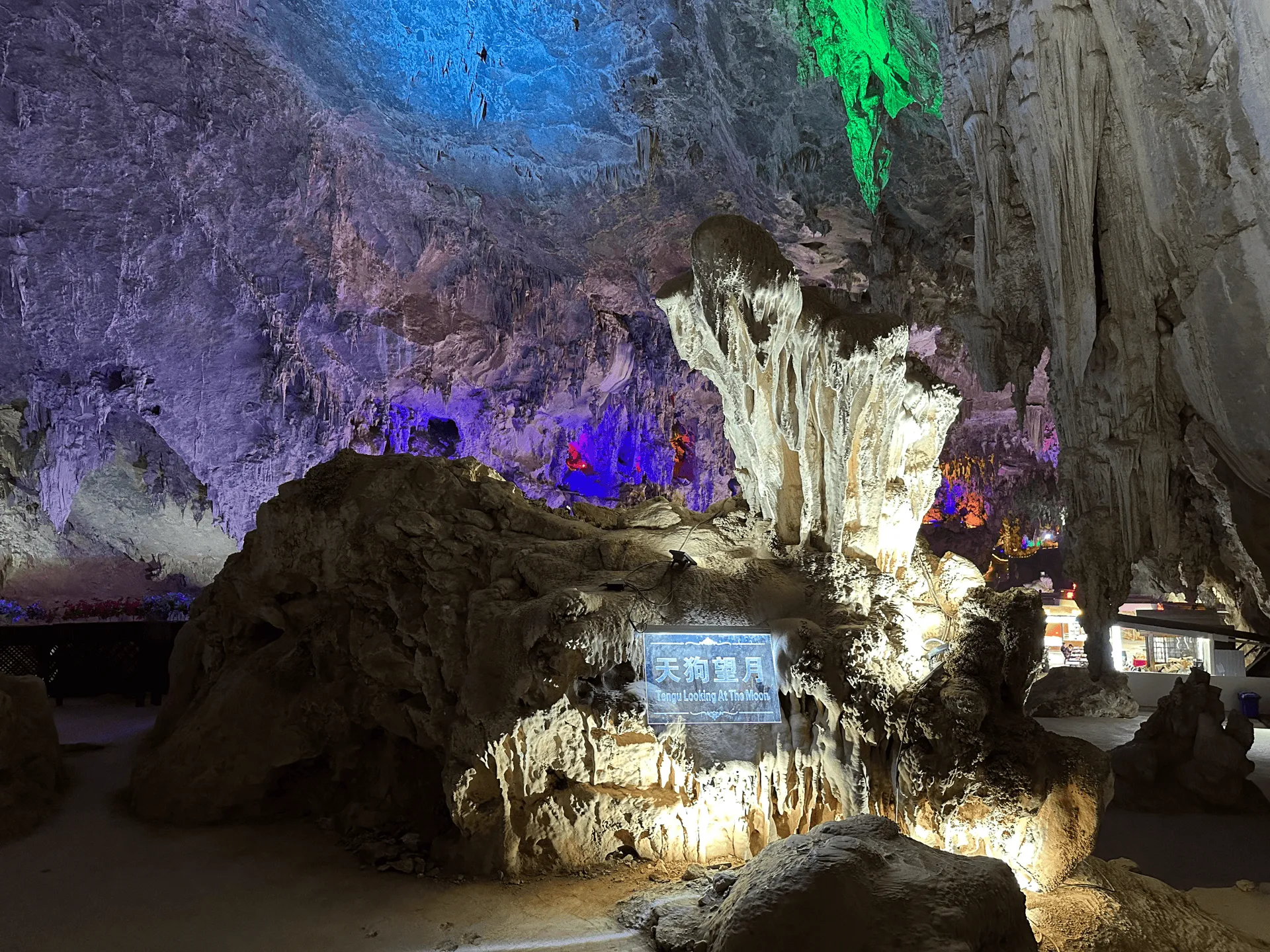
There was also this random photo setup mid-way through the cave walk. After you get your photos taken, they are printed at the back of the cave. It turned out that you can get to keep all of the tiny photo samples, but you have to pay if you want a bigger one. They actually had printed out all of the photos for us already when we arrived, so it felt like a bit of waste that we didn’t buy any! I bet that’s how they manage to get people to buy them to begin with, so it must be a good business tactic.
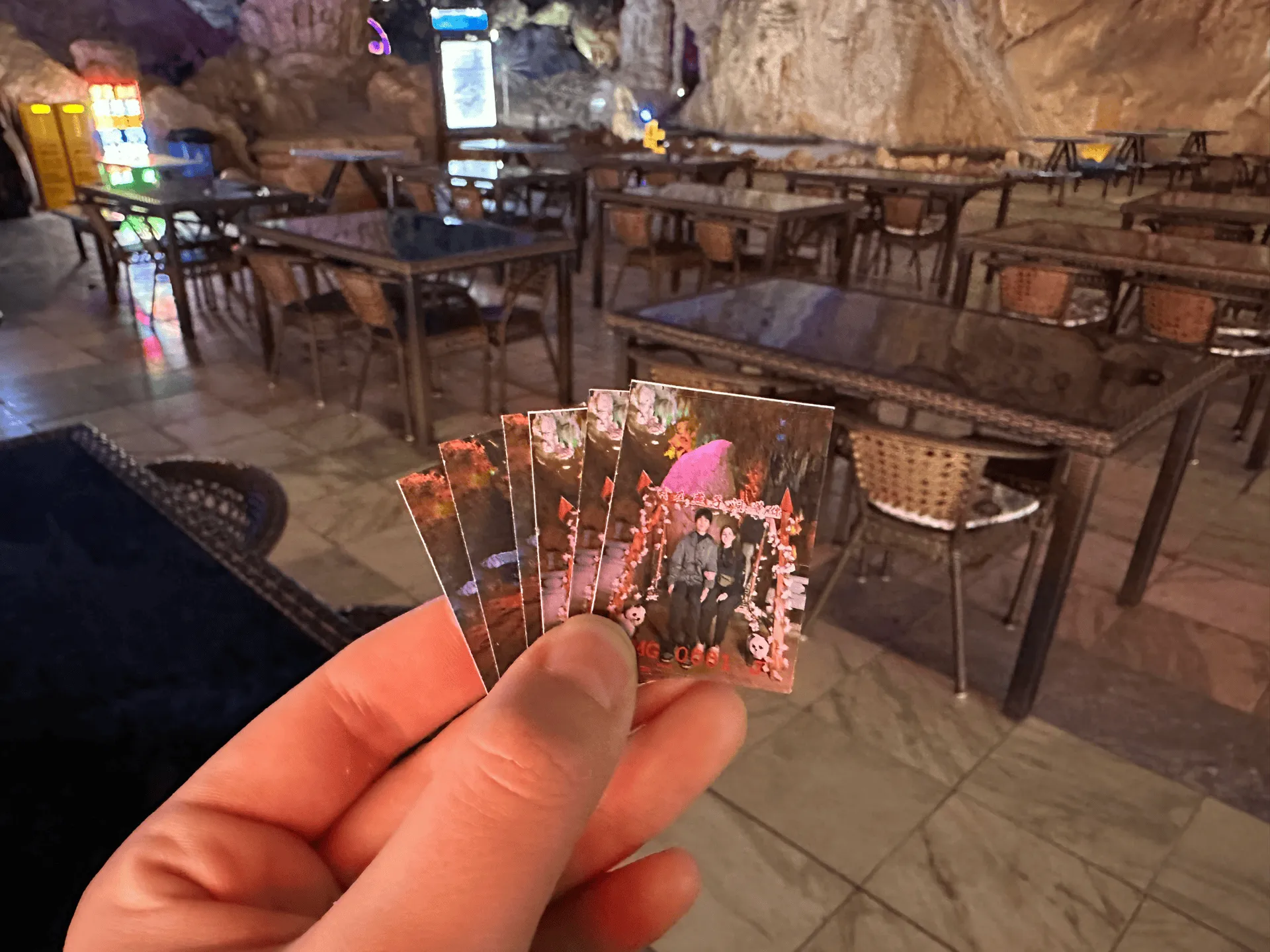
We arrived at around 9am, and we were actually the first visitors to the cave that day, so it was really quiet, and I quite enjoyed myself. One of the reviews I read about this place mentioned that it felt like a bit of a tourist trap and the multi-coloured lighting ruining the natural nature of the cave. I can imagine if you were fighting your way through a crowd of tourists, it would lessen the experience a bit.
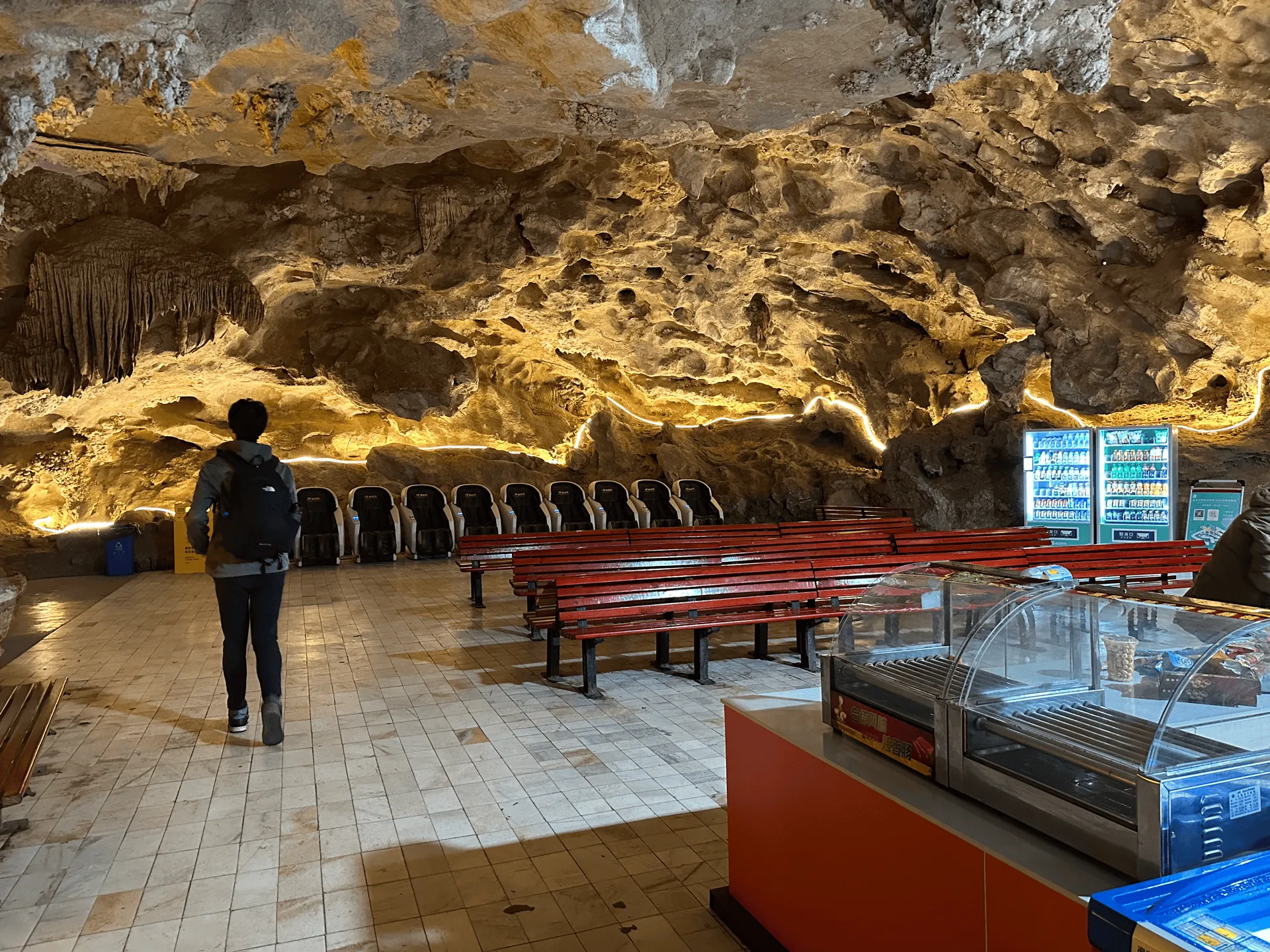
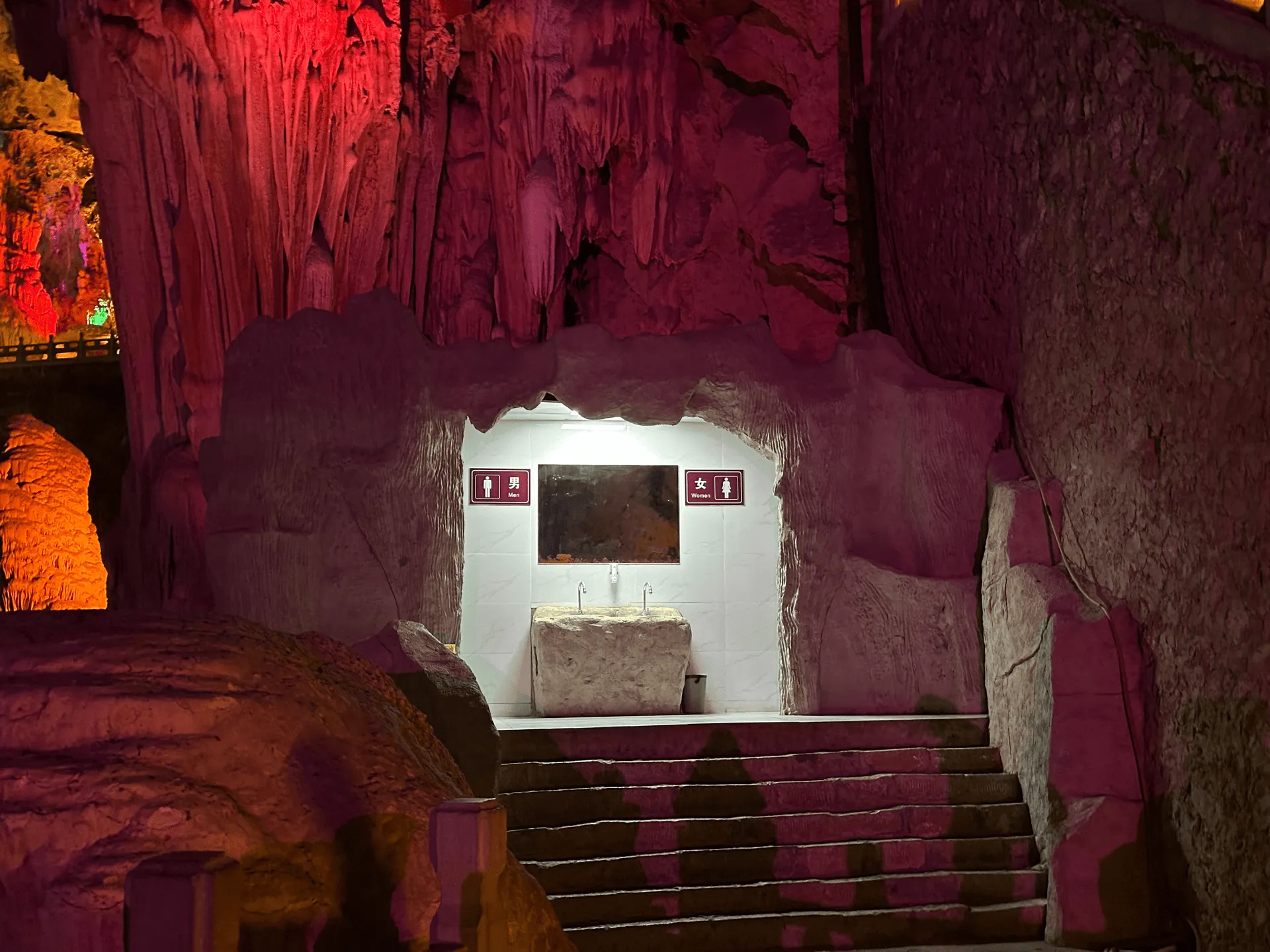
I had also read some conflicting (or possibly outdated?) reviews that the walk through the cave is quite long and often slippery. I didn’t find this to be the case - all the walkable areas were well-maintained with proper stairs and it was a fairly easy walk that took about an hour to get to the back of the cave.
I’ll admit seeing a full-on food court in a cave was a first for me. But funnily, instead of detracting from the cave, I sort of felt like it added to it? Like seeing a food court in a cave felt like a tourist attraction in itself. The neon glow looked pretty anyway.
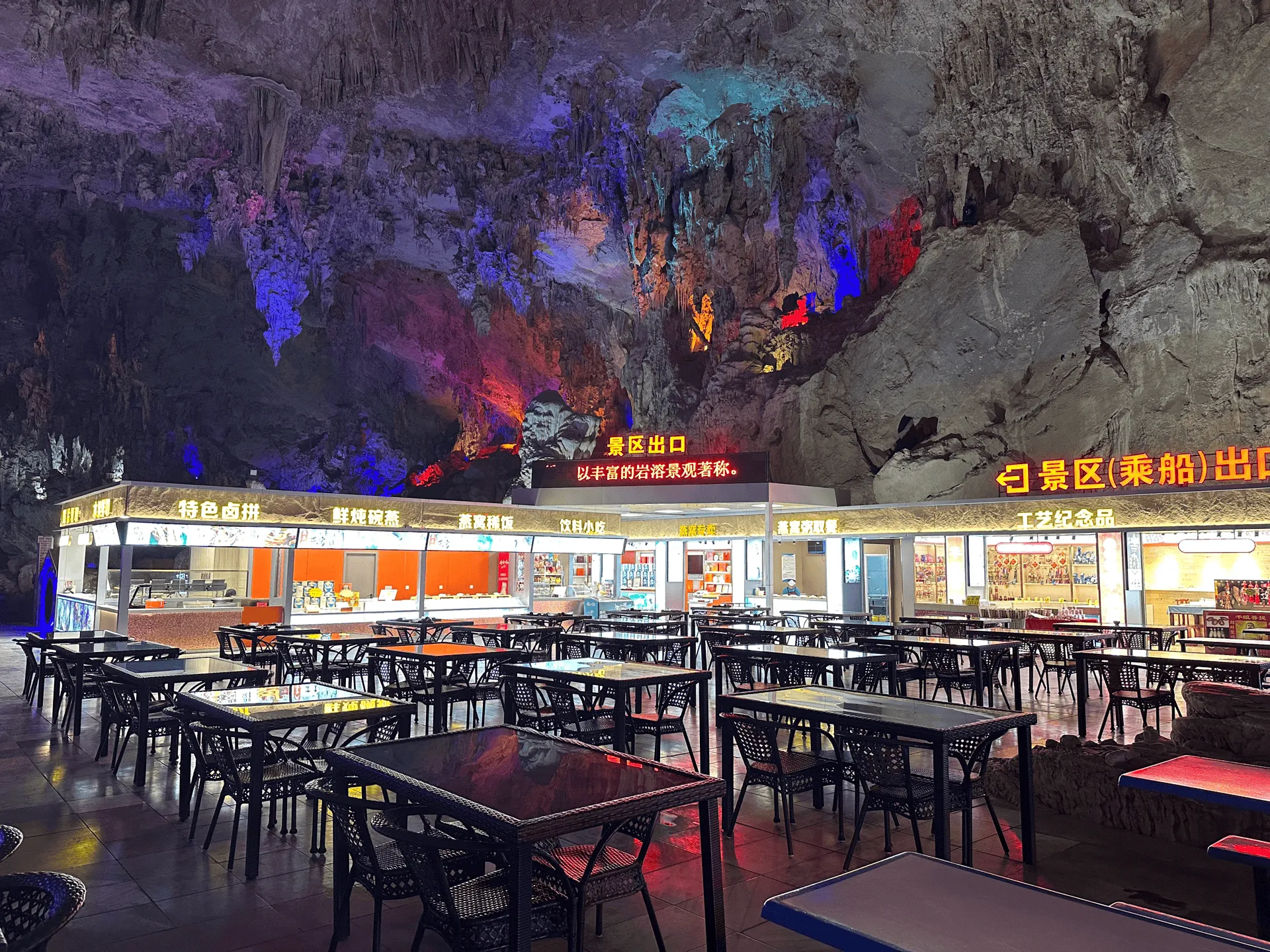
Although the path into the cave was a bit more narrow, towards the back it opened up into quite a huge chamber. There was even a “Place of Unique Beauty” which unfortunately was so unique that access had been closed off to that area with a rope. I could actually see sunlight reflecting off the rock and you could feel the cool breeze of outside air, so I wonder if the back of the cave opens somewhere? Would have loved to have checked it out.
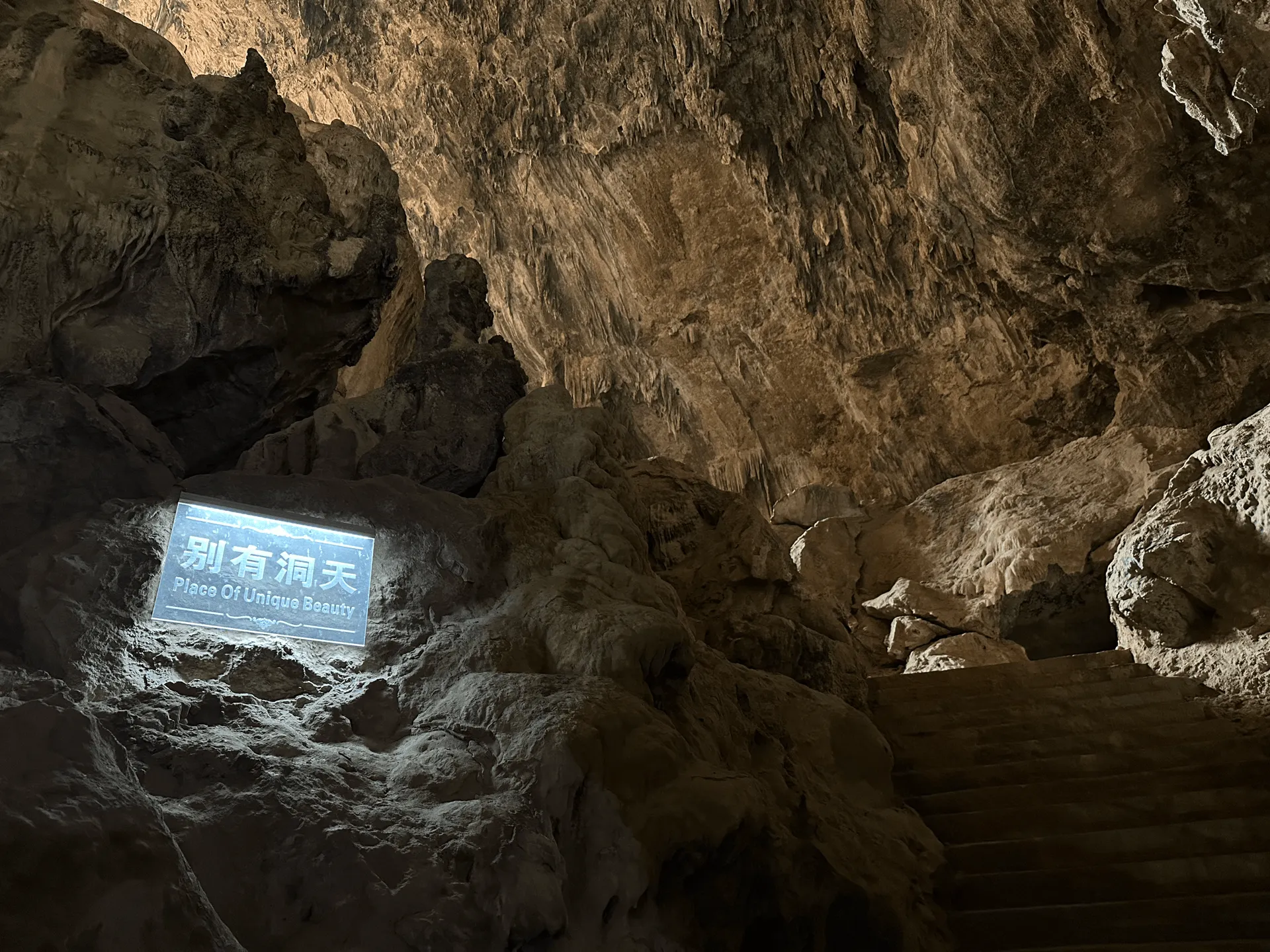
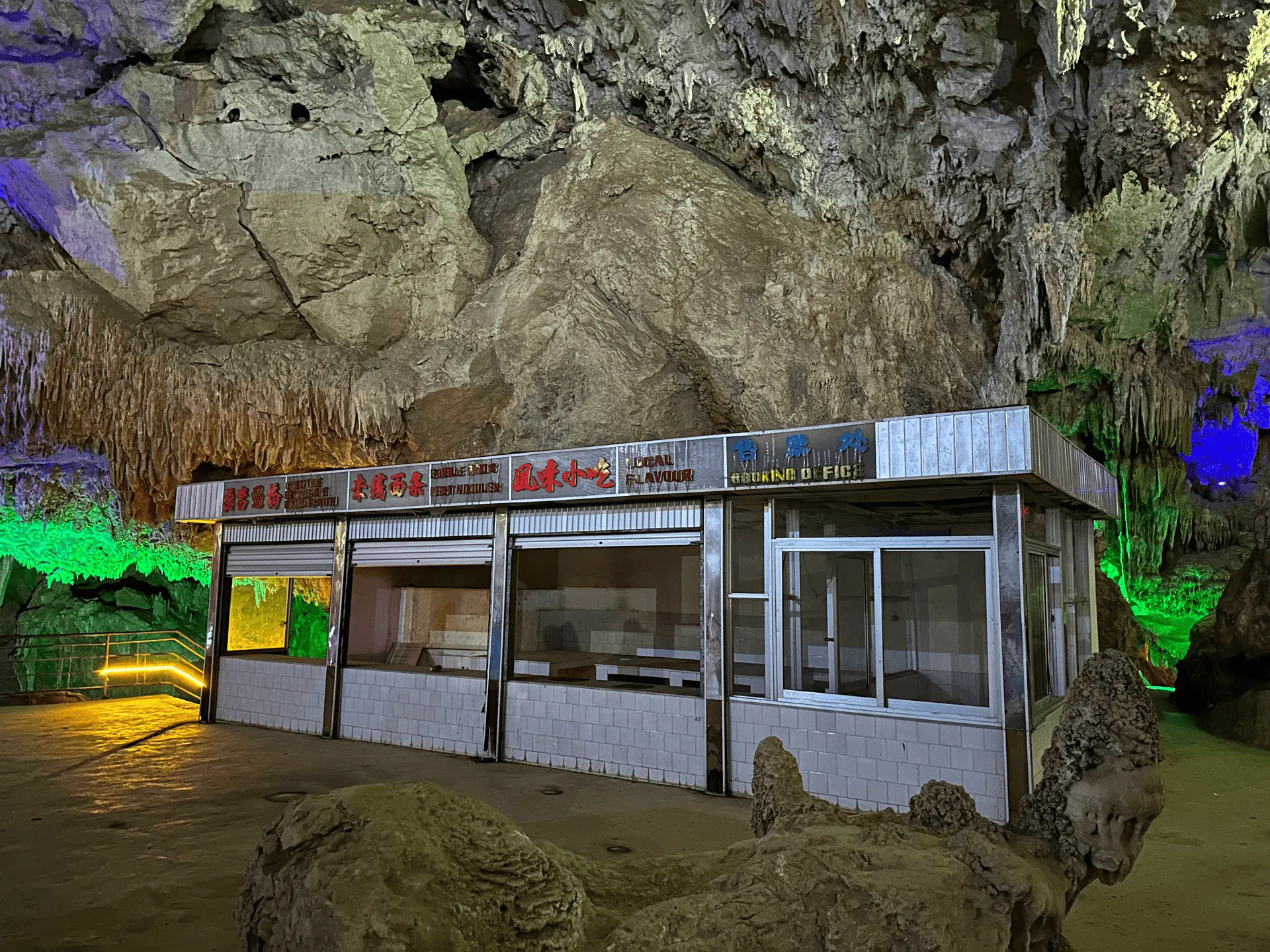
Before heading back out, there’s a souvenir shop which sells edible birds nests. Basically, swallows build their nests using spit, which then gets harvested by climbers scaling the cave walls. At first I was a bit confused, because I assumed the swallow was using its spit to hold the twigs together to create a nest (so how do you get all the twigs out to sell it?) but from looking at a YouTube video about it, it seems like the nest is made 95% with spit alone.
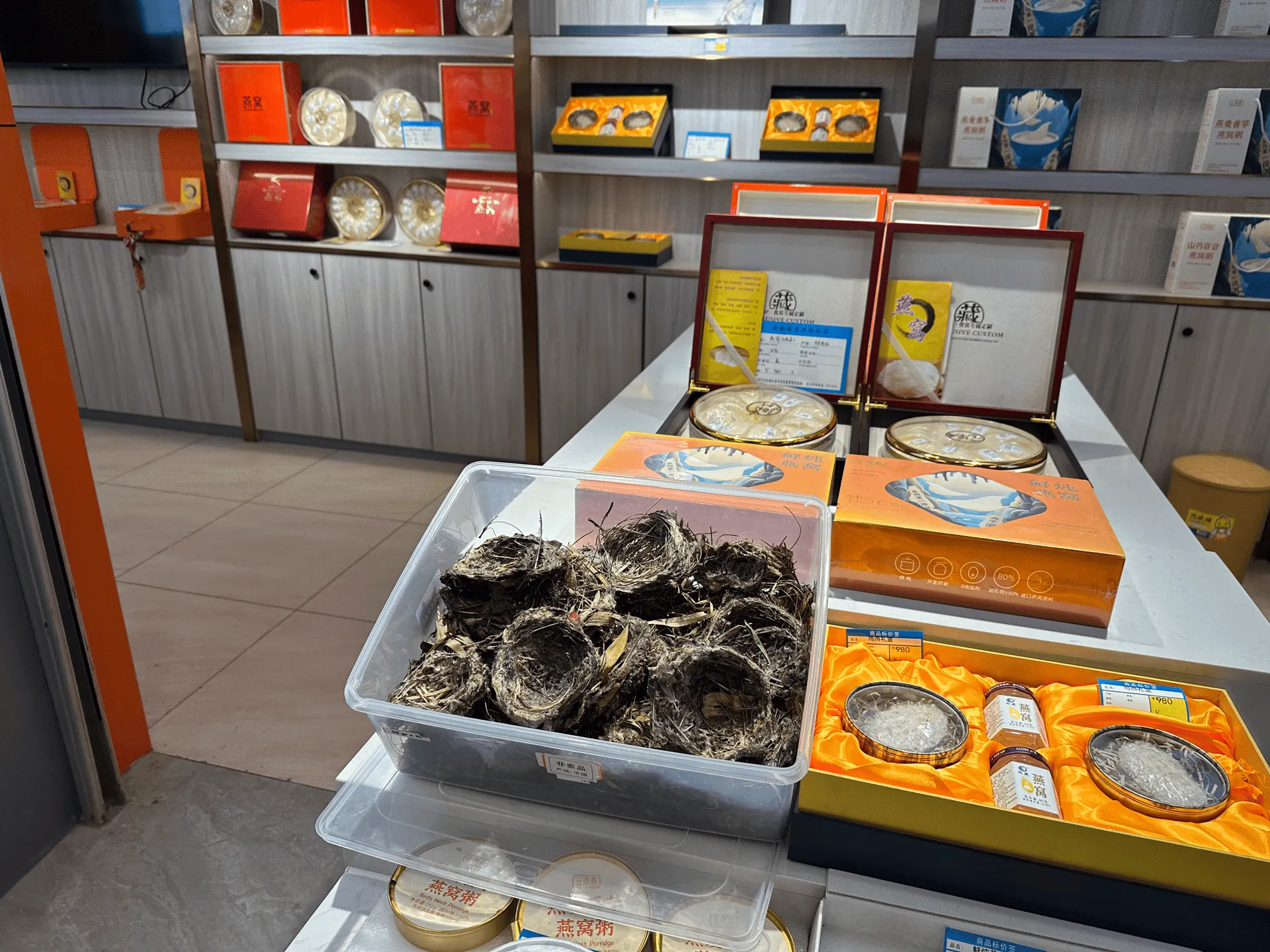
Exiting the cave is made much easier by these engine-powered dragon boats that will ferry you out. There is a large section for lining up, so you can imagine there must be quite a few tourists that come here during the high season, but we nearly had the return boat to ourselves.
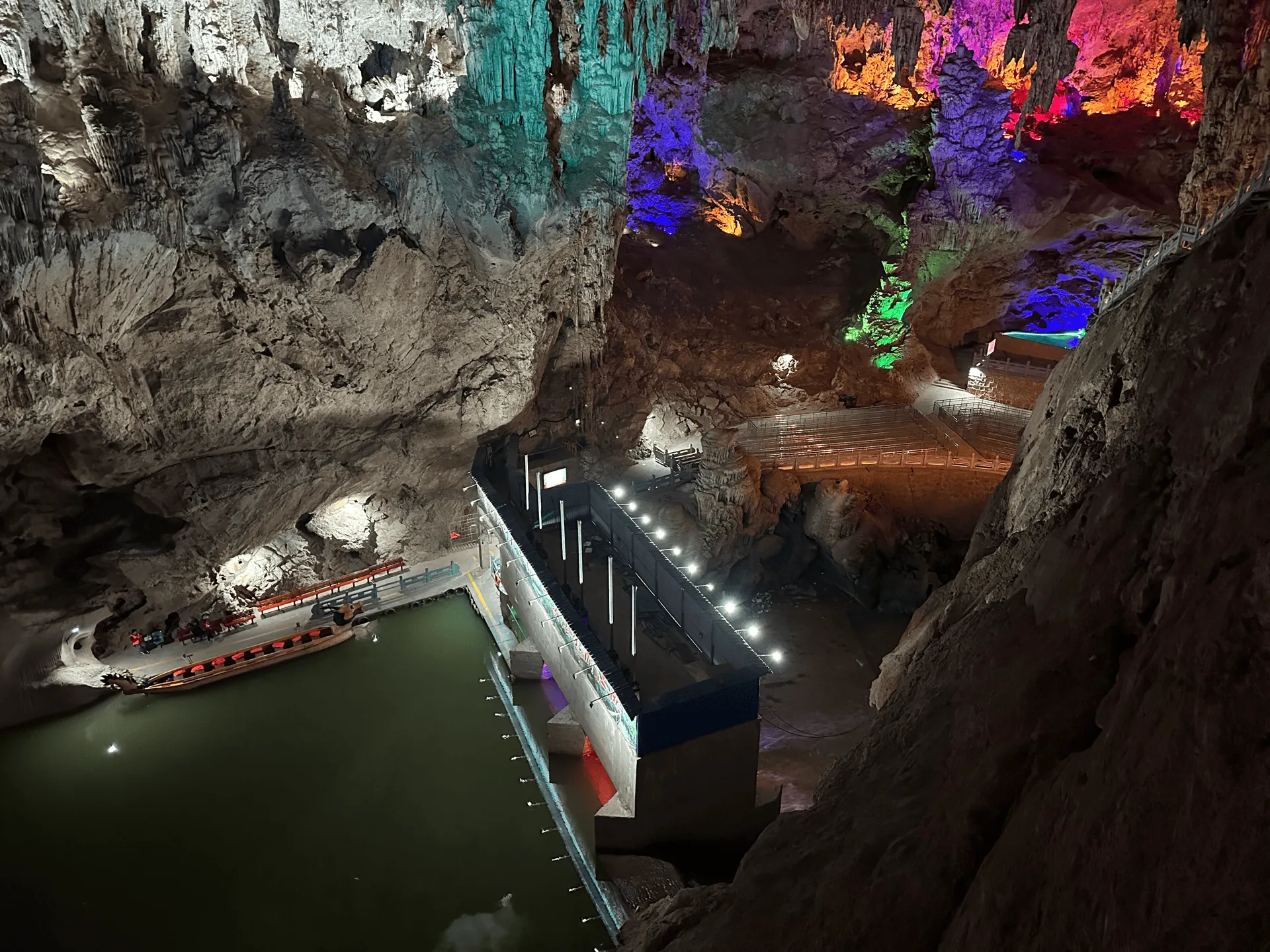

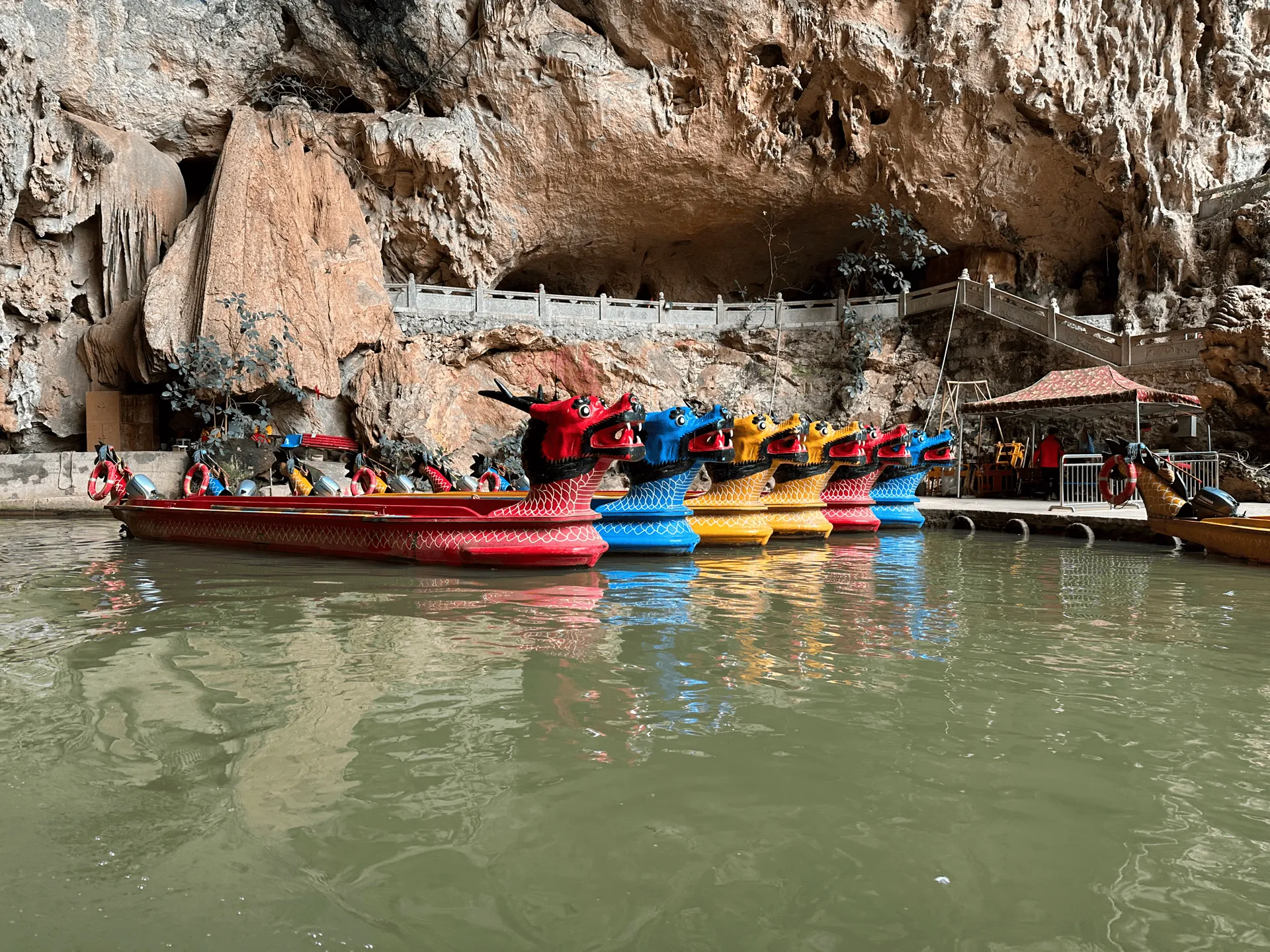
Once you leave the cave, you can do a bit of walking outside. There is a large suspension bridge, as well as the option to climb up on a ridge line above the cave entrance so you can get a bit of a view of the scenery around you.
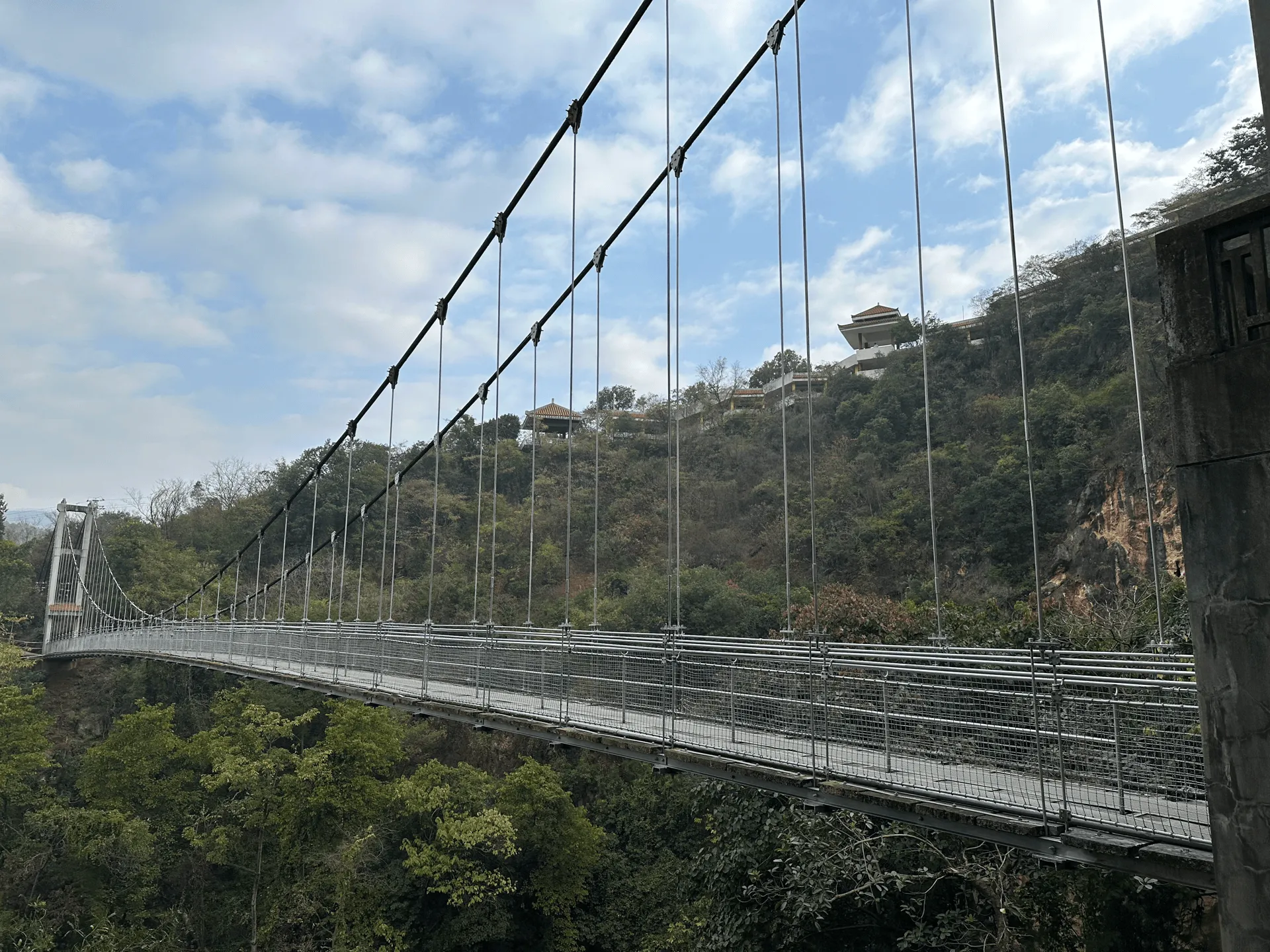
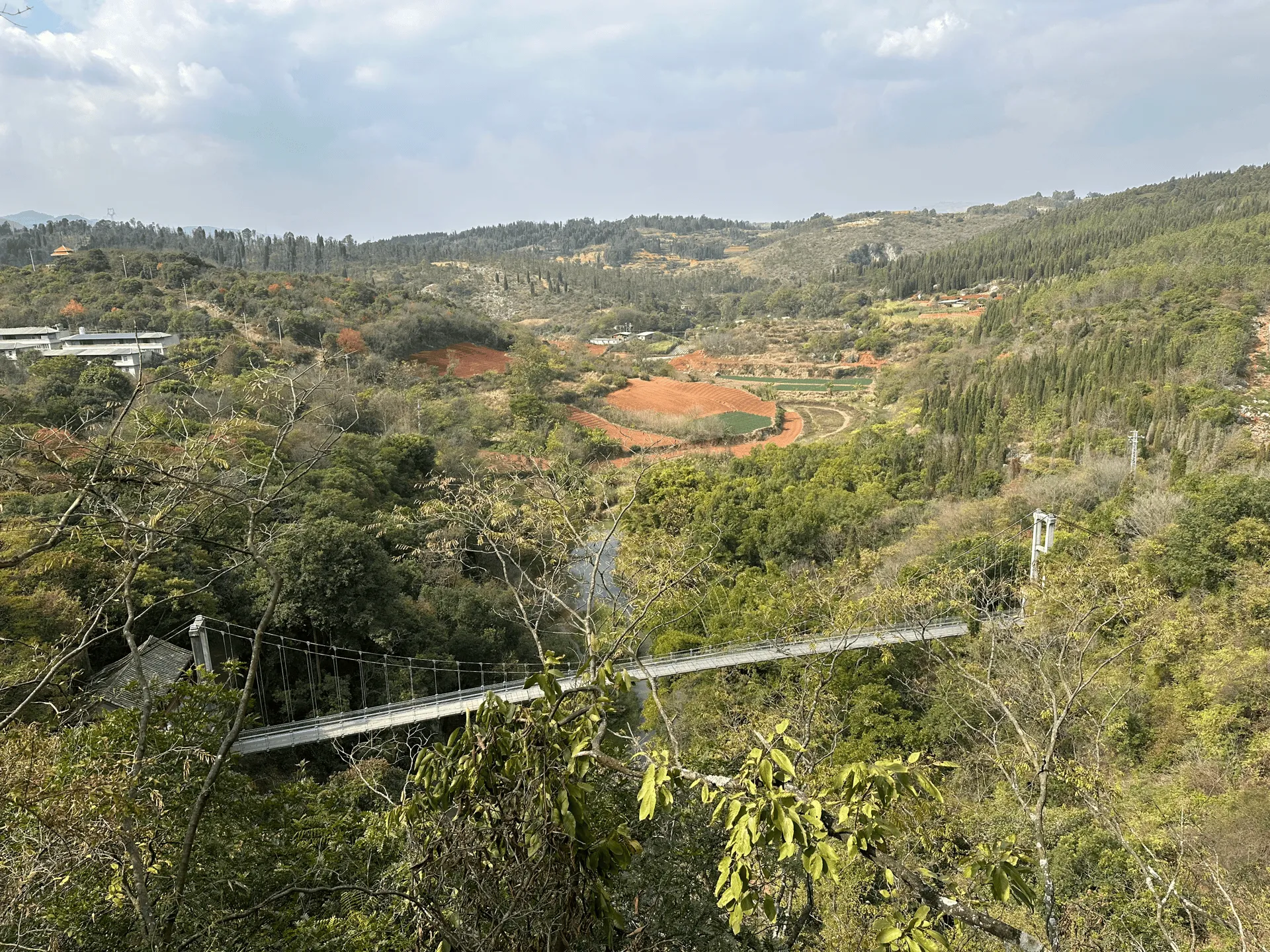
Although we didn’t get to see the swallows today, I was curious to find out what sort of swallow it was exactly. One of the info boards at the site mentioned a “white-waist swift” which apparently is also known as the Pacific swift. Now for bird nerds, swifts are apparently quite different to swallows, but the cave is named “Swallow Cave” in Chinese as well. Swift is “雨燕” in Chinese while swallow is “燕”, so maybe they abbreviated, or maybe they just went with the name more recognisable to the public.
Public transport access and general info
There is a shuttle bus running from Jianshu, from the 建水客運站 bus stop. I generally wouldn’t recommend Google Maps in China. Although this stop is on Google Maps, its GPS position is about 1km away from the actual location.
The bus accepts cash and QR code payment via (I think) WeChat. We got a DiDi there, and a bus back. The bus is actually not much slower than getting the DiDi as it just runs between the two stops.
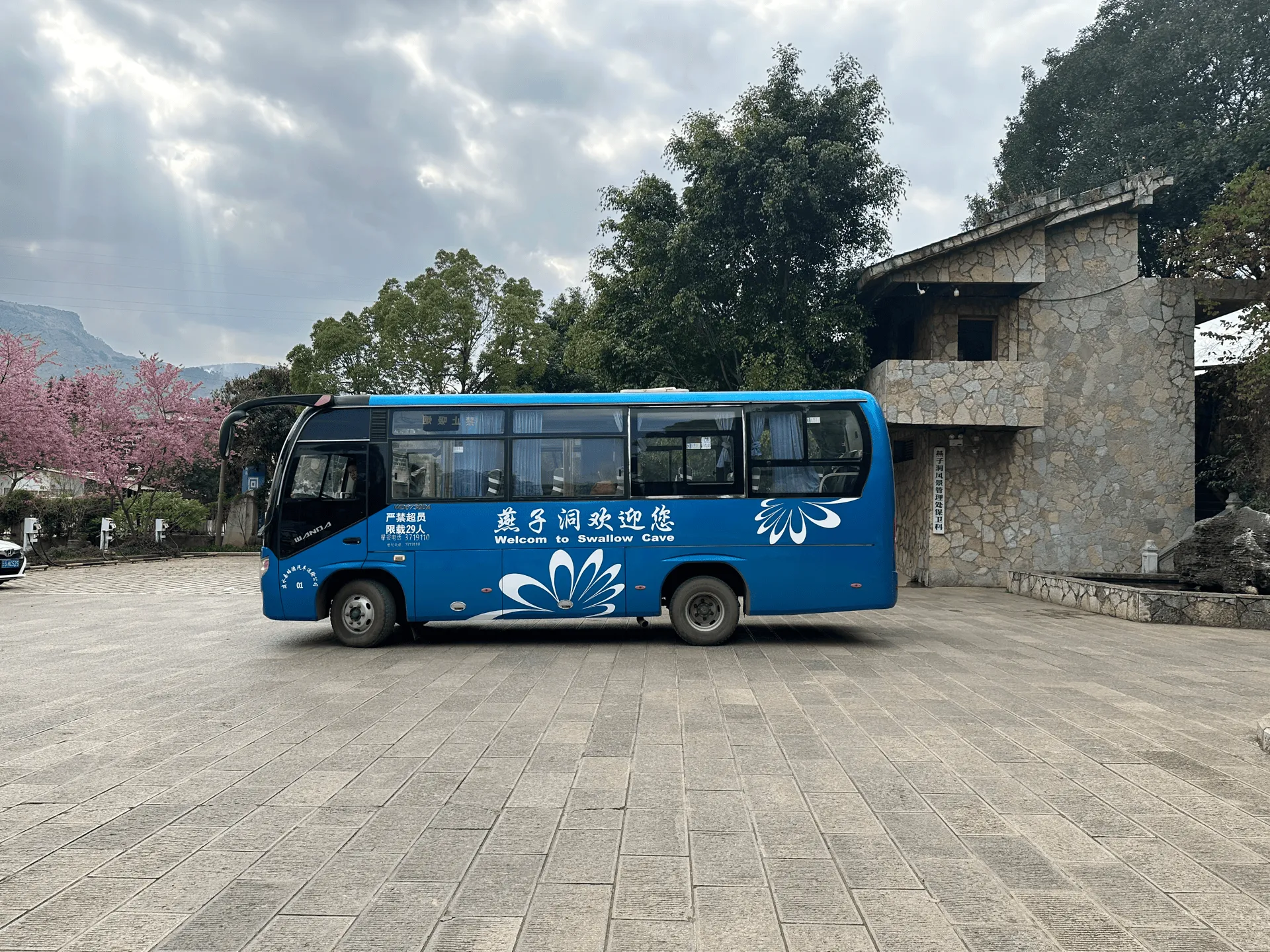
The bus only departs from the Swallow Cave once at the top of every hour, so you will have to time your visit, although in our case it arrived like 20 minutes late as well, so either way you may be waiting for a while for it to show up.
As we were leaving, we spotted two tour bus groups full of people arriving around 2pm. It was pretty quiet when we arrived at 9am, so I would recommend timing your visit for as early as possible if you enjoy the peace and quiet.
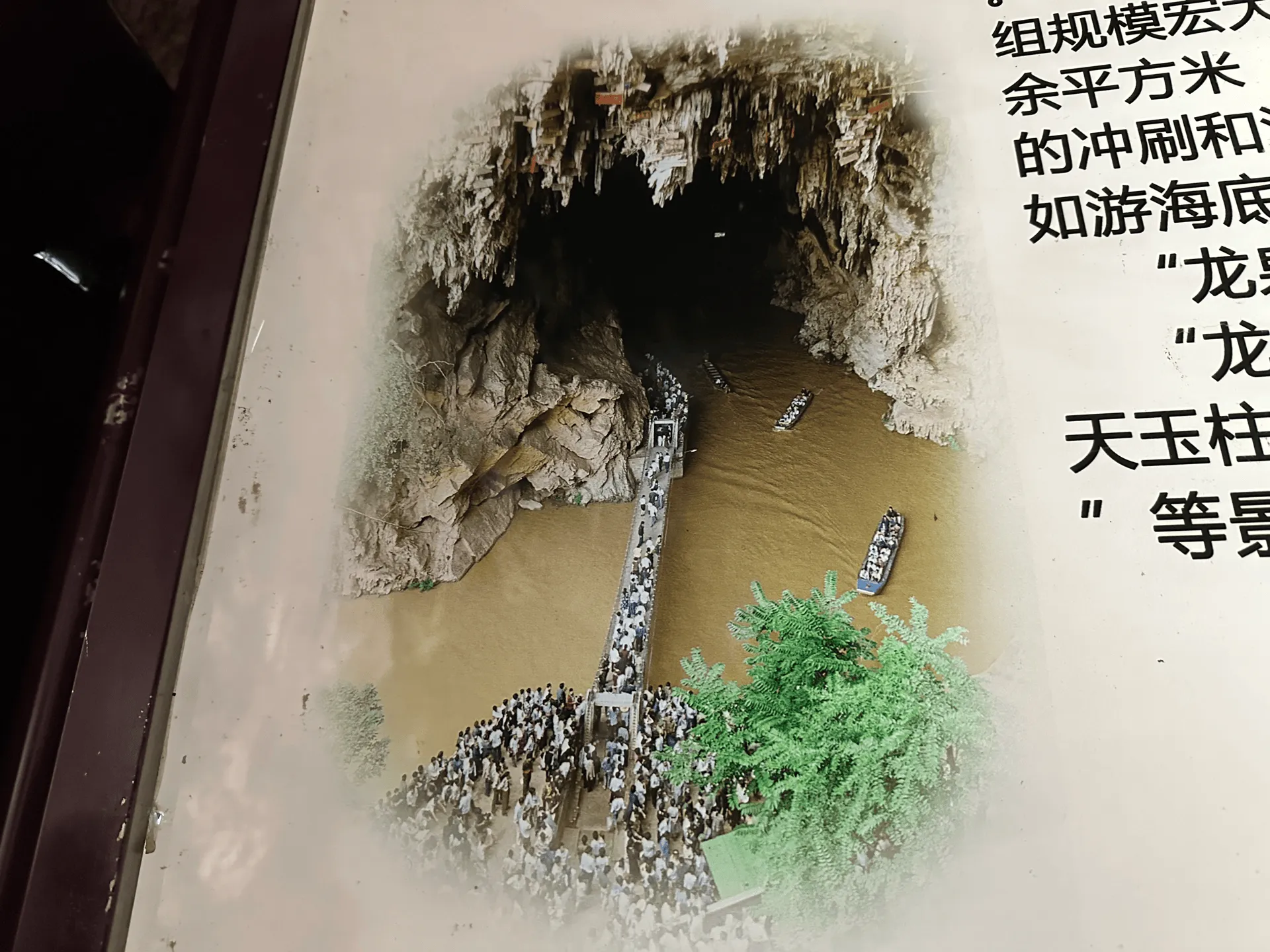
All in all, you could comfortably spend 3 hours here if you walk around all the spots inside the cave, around the outside and fit in a lunch break as well. So this was more of a half-day trip, and you can be back in Jianshui in time to do something else in the afternoon and evening.
Leave a comment